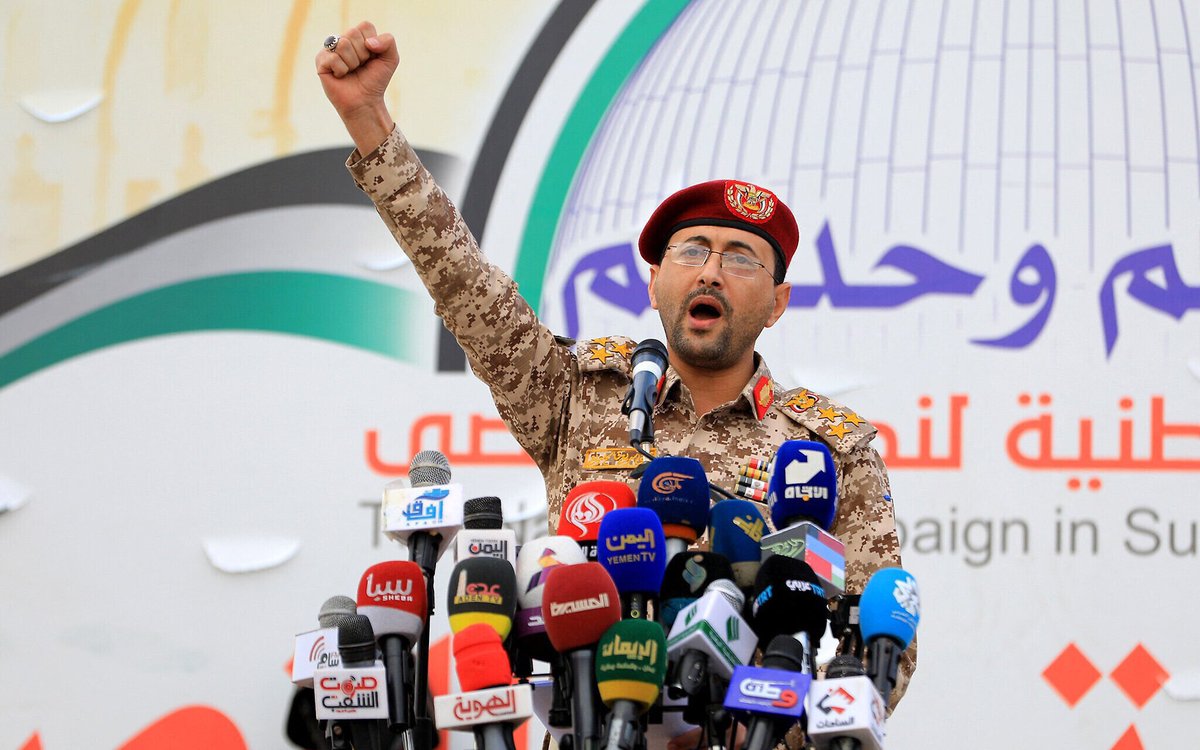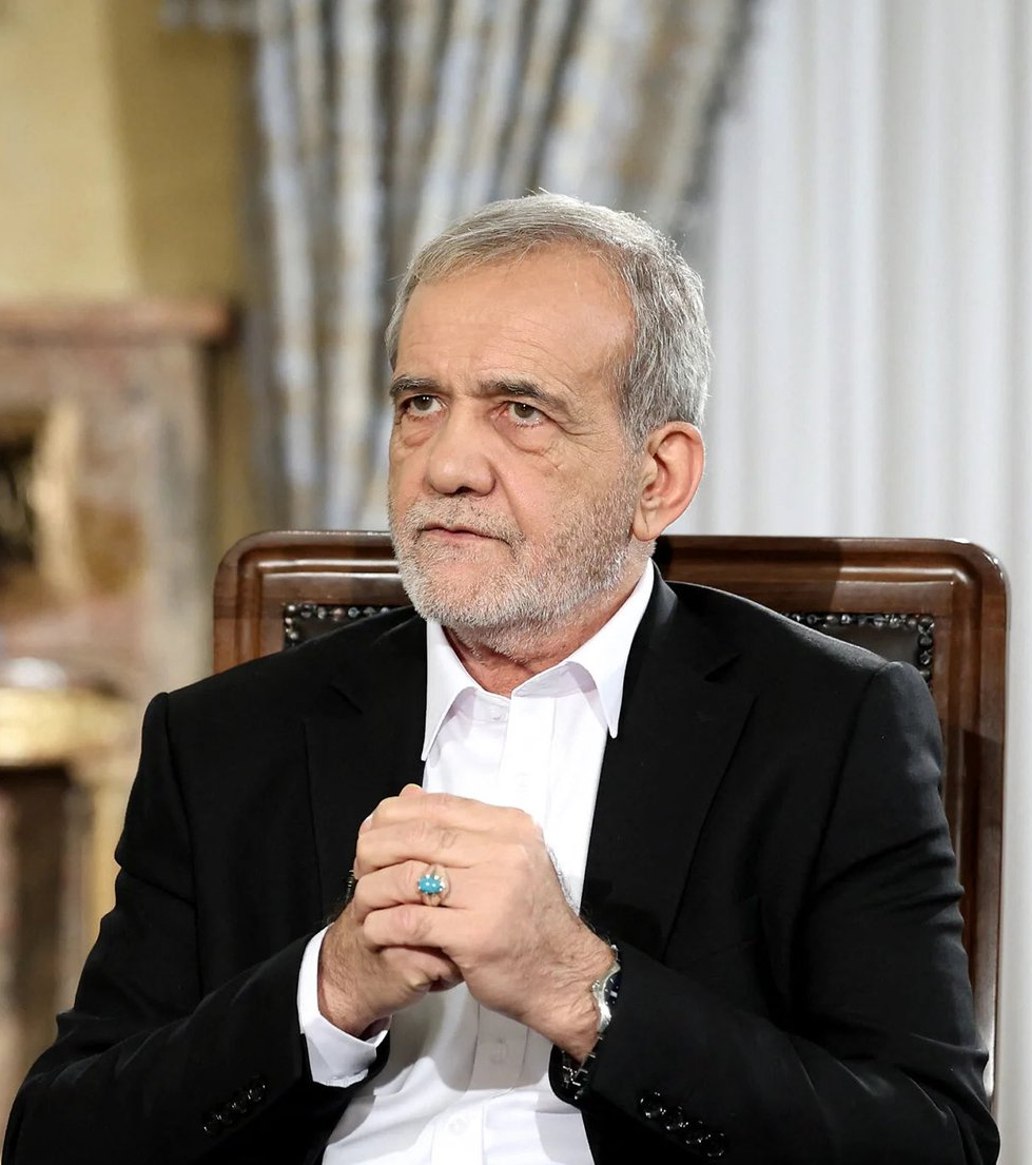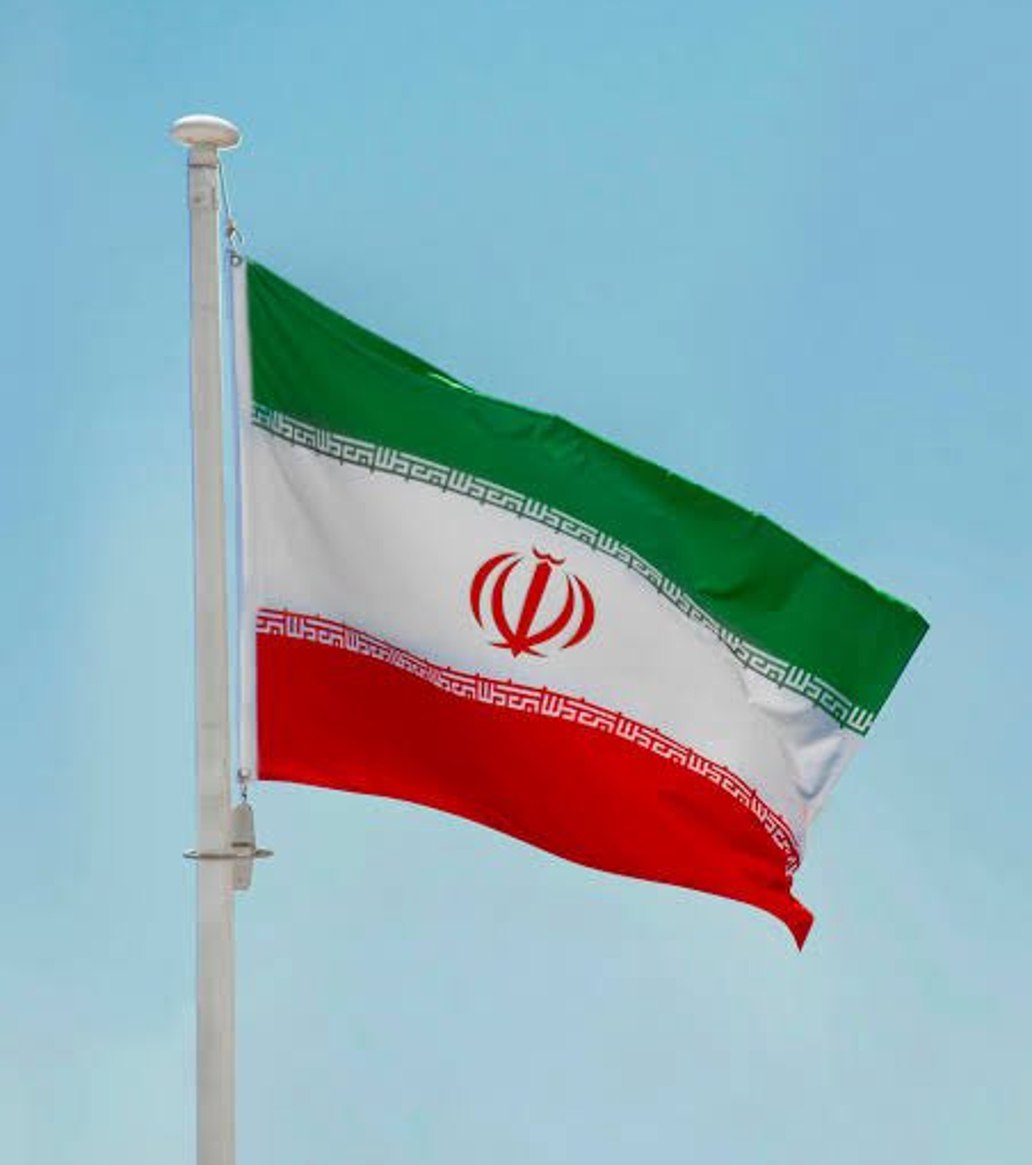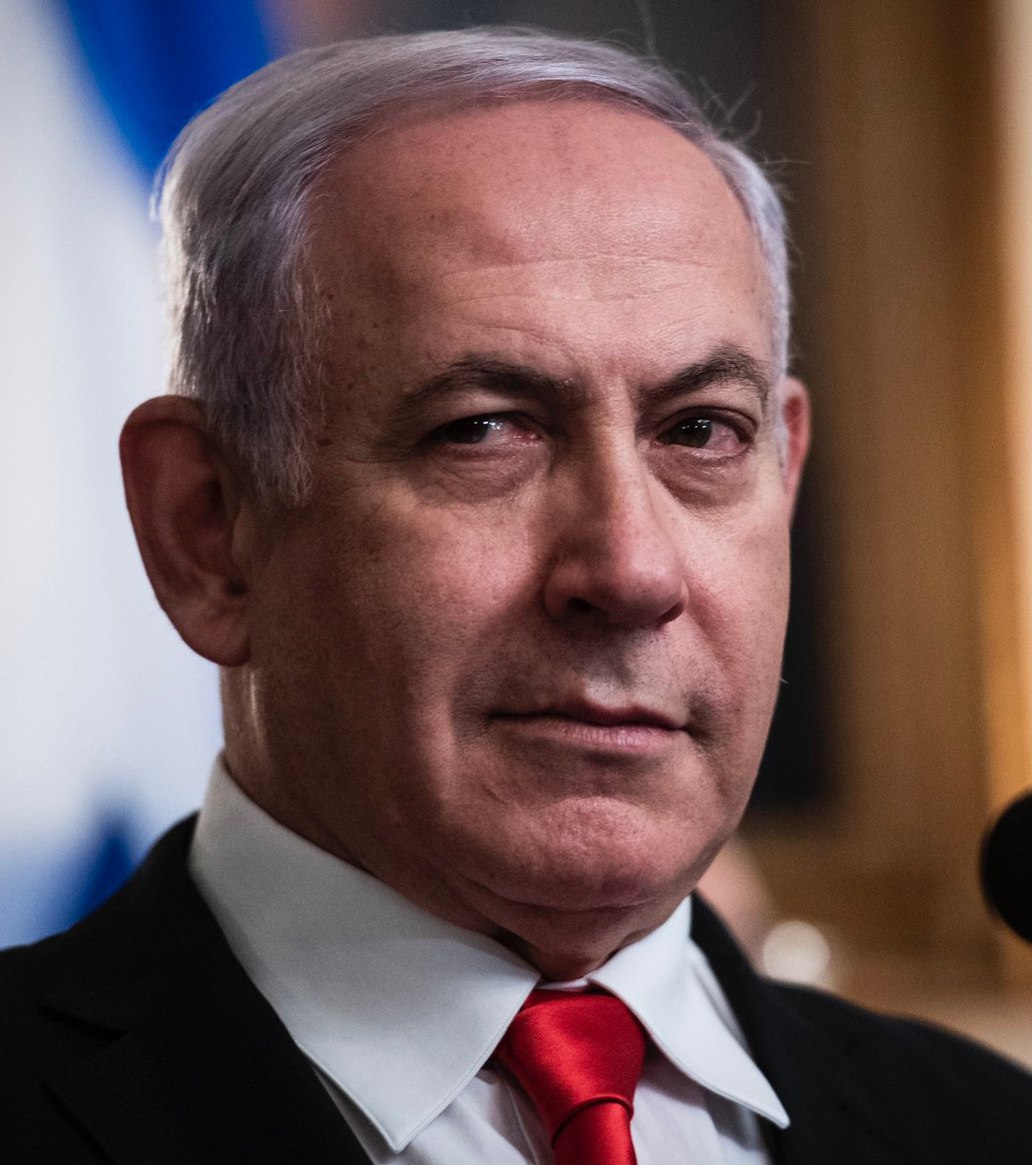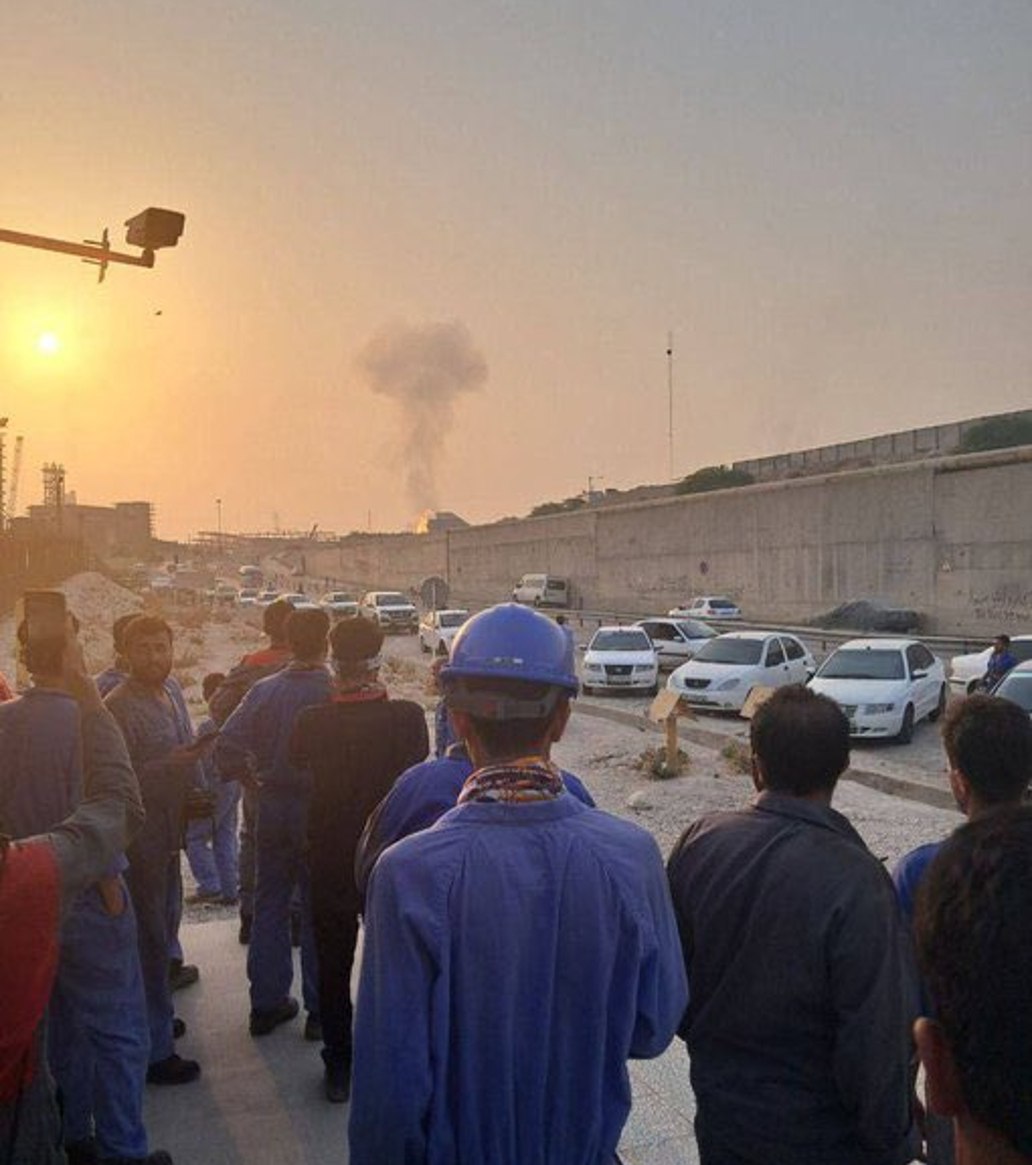Israel Strikes Iran’s South Pars Gas Field, Part of World’s Largest Natural Gas Reserve
In a major escalation of Middle East tensions, Israel has reportedly carried out an airstrike on Iran's South Pars gas field — one of the world’s largest natural gas reserves. The strategic attack targets a crucial part of Iran’s energy infrastructure, with global implications for energy markets and regional stability.
The South Pars field, located in the Persian Gulf, is shared between Iran and Qatar, forming part of the massive South Pars/North Dome gas-condensate field. This field accounts for a significant portion of global natural gas production. According to initial reports, the Israeli strike caused significant damage to specific installations within the Iranian portion of the field, though exact details remain unconfirmed by Tehran.
Israeli defense sources have not officially confirmed the strike, but Israeli media hinted that the operation was a “preemptive deterrent measure” aimed at undermining Iran’s economic and military capabilities. Iran, on the other hand, has vowed to retaliate, calling the strike an “act of war” and accusing Israel of trying to provoke a wider conflict in the region.
Energy analysts warn that any extended disruption to the South Pars gas field could spike global gas prices and jeopardize supply chains, especially in Asia and Europe. The attack has already rattled global energy markets, with Brent crude and natural gas futures rising sharply in early trading.
This strike comes amid escalating hostilities between Israel and Iran, following months of tit-for-tat actions across the Middle East, including recent cyberattacks, proxy clashes, and threats of direct confrontation. International observers are urging restraint from both sides to avoid a full-scale regional conflict.
The United Nations and several global powers, including the EU and China, have called for an emergency diplomatic response. "The international community must act swiftly to de-escalate this crisis before it spirals out of control," stated one EU official. Iran’s Supreme National Security Council is expected to meet in the coming hours to determine a response.
As tensions rise, the world watches closely — not only for the potential of further military escalation but also for the profound impact this could have on global energy stability and regional security in the months ahead.


